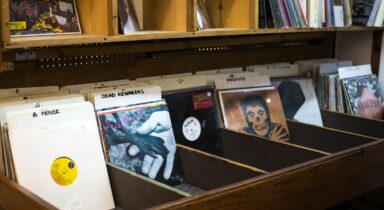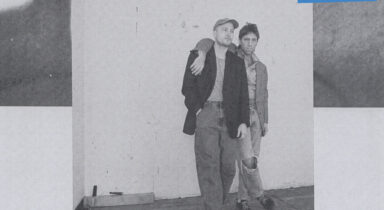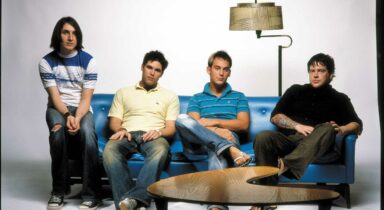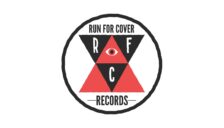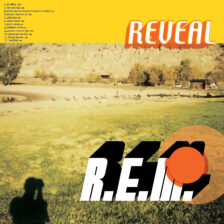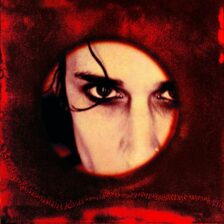It’s no secret that I wholeheartedly love R.E.M. I talk about them regularly on Twitter; I call myself a R.E.M. enthusiast on Instagram. By the time they released Reveal, 20 years ago this weekend, the band was already significant to my five-year-old self. I could take one look at the opening scene of the “Losing My Religion” music video and know the song was starting. The water drips from an open window; Peter Buck, Mike Mills, and Bill Berry run across the dark room while Michael Stipe stays seated; Tarsem Singh’s “melodramatic and very dreamlike” direction still captivates me. I loved that song while not understanding why I connected with it at such a young age. Maybe I loved it because my parents did, too.
My parents didn’t follow R.E.M. in the 80s. Sure, they would have heard “It’s The End of the World As We Know It (And I Feel Fine)” – which dad hates – and “The One I Love” (which dad loves), but besides those two tracks, R.E.M. wasn’t breaking through in Australia. They didn’t hear “Fall on Me” on the radio, which is a travesty if you ask me. Life’s Rich Pageant – my favorite R.E.M. album, depending on the day – spent seven weeks on the Australian chart. A year later, in 1987, Document enjoyed nine weeks on the chart. Out of Time sat pretty for a whopping 33 weeks on the ARIA (Australian Recording Industry Association) Chart. Automatic for the People spent 52 weeks on the ARIA chart. By 1992, the band was rightfully inescapable in my home country.
Despite the wild success R.E.M. celebrated in their “peak” periods – for some, the peak is their run on IRS Records; for others, it’s the four-album run of Document, Green, Out of Time, and Automatic for the People – the band’s later output is criminally overlooked. If you look at pure sales and chart positions, they are among the most successful groups of all time. They are the college rock band that could. If you’re a Radiohead, Nirvana, or Pavement follower, you know the influence R.E.M. has had on them. Some people proclaim any album up to Automatic to be their last great album. If you’re one of those individuals, I have a couple of questions for you: Have you heard New Adventures in Hi-Fi? How about Up? Most importantly, have you sat and listened to Reveal?
Read More “R.E.M. – Reveal”